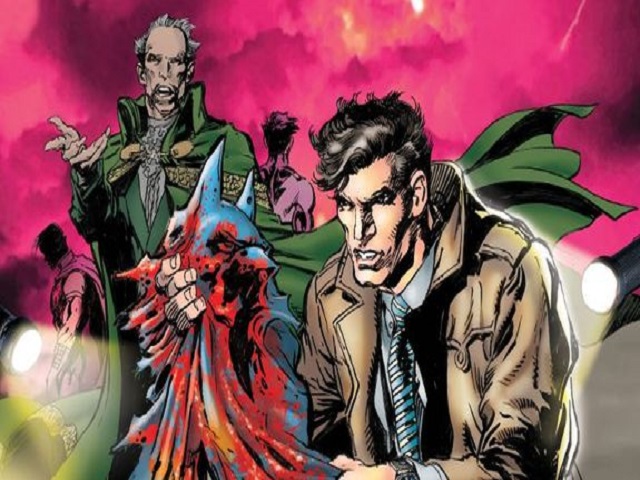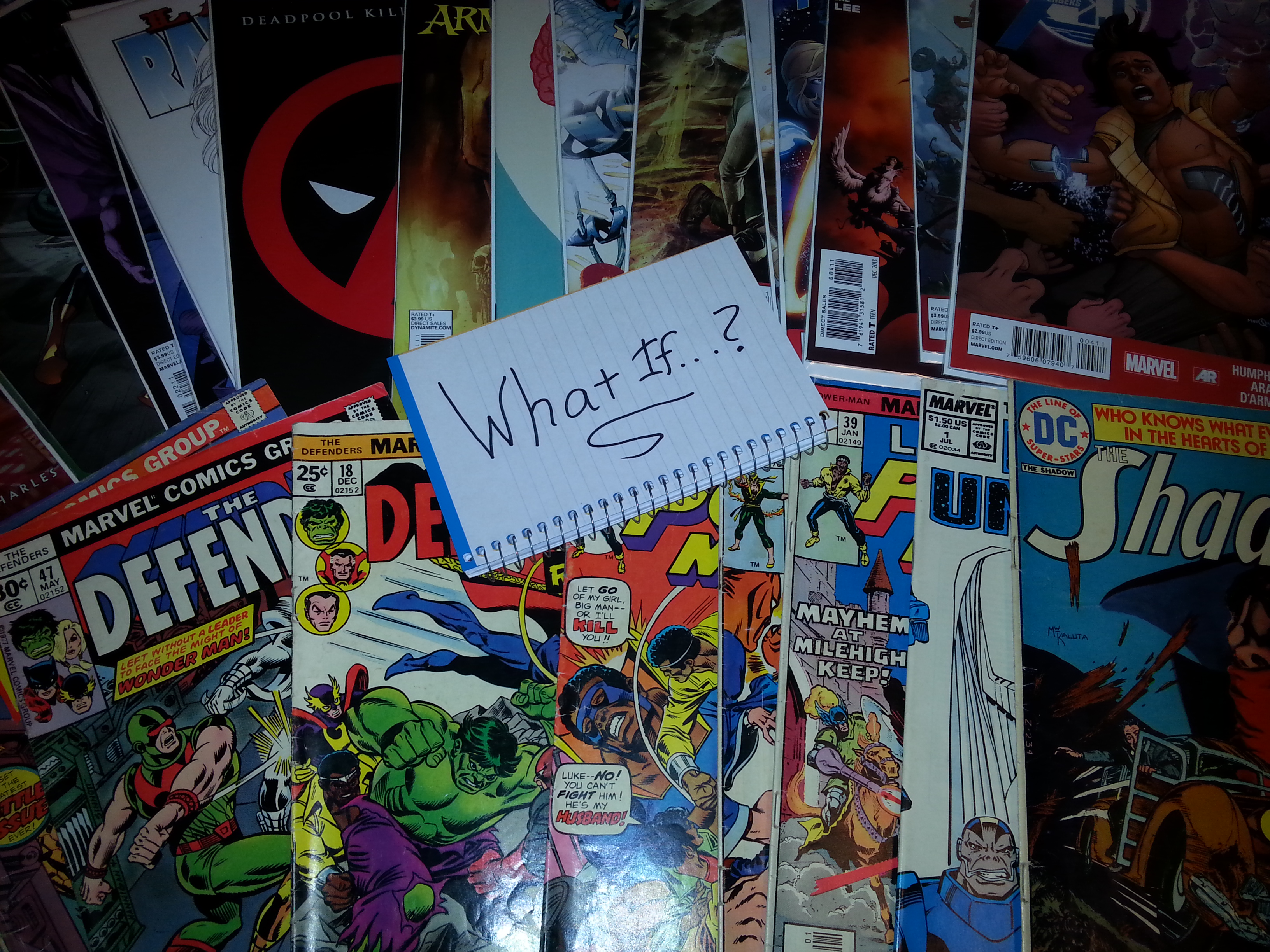
Turn on the TV, head to the cinema or fire up your favorite streaming service and you will more often than not encounter content that has been influenced by super heroes.
From classic characters to more modern upstarts, the impact of spandex-clad world-savers on popular culture has become far more pronounced in the past couple of decades.
To truly appreciate the scope of the shifts that have come about thanks to the rise of super heroes, here is a look at all the main ways they had remolded entertainment.
Video Games
While your first thought for super hero-shaped leisure activities might be the silver screen, it could be argued that interactive forms of entertainment have been displaying the traits of comic books for much longer.
From franchises like Crackdown and Just Cause to licensed titles like Spider-Man, the use of supernatural powers is impossibly intertwined with video games and has been ever since the dawn of the industry. Even slots games, like those available on CasumoCasinoNorge.com, have gone with this trend and can feature your favourite comic book characters.
Of course not every super hero adaptation has been successful; Superman for the Nintendo 64 has regularly been referred to as the worst game of all time, and for good reason. Yet the core theme of allowing players to fulfil their wishes and take control of a supremely powerful being directly holds true to this day and explains the popularity of this pastime.
Movies
There are more than 20 super hero movies in the Marvel Studios stable already, produced over the course of a decade and creating an unprecedentedly rich, interwoven cinematic universe that has yet to be rivalled in terms of scope or quality. With more than $7.2 billion generated to date and more big releases on the horizon, this particular behemoth shows no signs of stopping.
DC Comics has had less success from a critical standpoint, although flagship properties like Batman and Superman have managed to succeed financially. While its slice of the pie may be small compared with Marvel, there is clearly room for other players to enter the field given audiences’ ravenous hunger for all things super hero-related.
Outliers have also left their mark; Deadpool in particular took the industry by surprise as its gory, sweary, R-Rated stylings proved to be a hit with audiences and showed that adult-focused super hero movies were just as marketable as their kid-friendly counterparts.
Similar anti-hero antics have proliferated in other properties, to varying degrees of success. The two Kick-Ass movies made the case for blood-spattered comic book fare long before Deadpool was on the scene. Even more subversive offerings like 2010’s Super, starring Rainn Wilson, paved the way for an edgier, more sardonic approach. In time this film’s director, James Gunn, would be hired to helm the Guardians of the Galaxy movies for Marvel, showing that there is space for a more satirical eye in this burgeoning genre.
TV
A host of super hero series have graced living rooms over the decades, yet it is only with the dawn of the subscription-based streaming service era that these types of franchises have been given serious investment and attention.
From the gritty realism of Jessica Jones to the zany hilarity of The Tick, huge resources have been pumped into producing super hero shows for TV.
Unfortunately it is here that issues are starting to arise, with major cancellations of high profile shows suggesting that the market is reaching saturation point.
Regardless of the small setbacks that certain super hero properties have suffered on the small screen, there is no questioning the vast influence that these franchises and characters wield, with the impact being seen much further afield than you might think.














